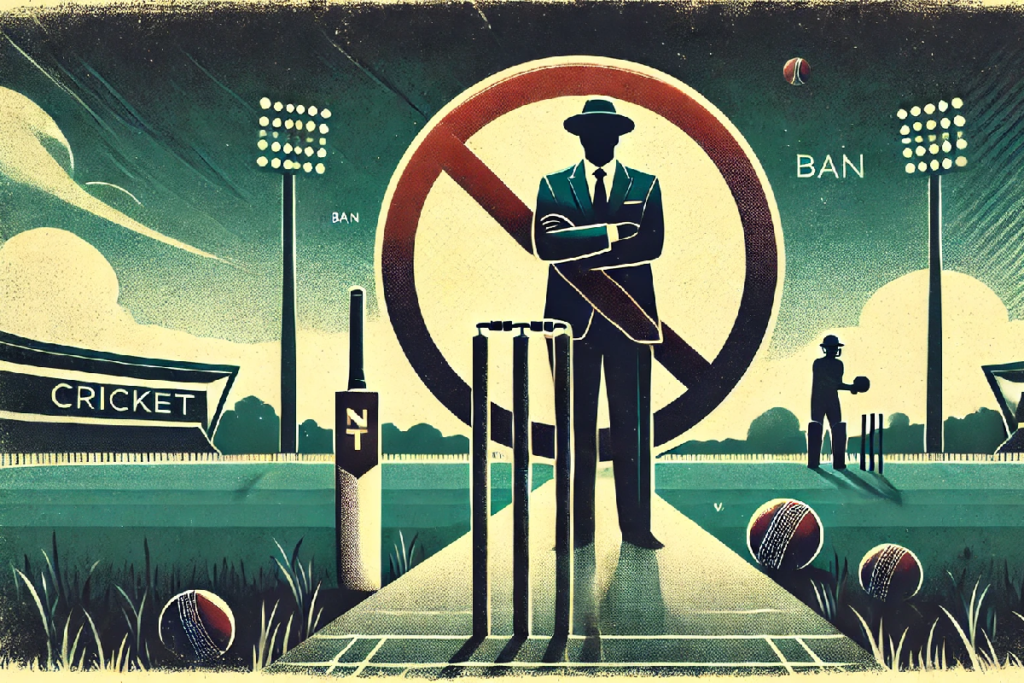Former Sri Lankan cricketer Dulip Samaraweera has been banned from coaching in Australia for 20 years, marking a significant development in the world of cricket coaching and player conduct. The ban, imposed by Cricket Australia, stems from a serious breach of ethical and professional standards, making Samaraweera one of the few high-profile cricket figures to face such severe disciplinary action.
Background of the Ban
Dulip Samaraweera, a well-known figure in the cricketing community, was found guilty of serious misconduct, which led to the 20-year ban on his coaching activities in Australia. The exact details of the infractions have not been fully disclosed due to ongoing legal proceedings, but sources indicate that the violations involved breaches of conduct that went against the spirit of the game and the guidelines set forth by cricket authorities.
The ban not only prohibits Samaraweera from coaching any cricket teams in Australia but also restricts him from participating in any capacity that involves mentoring or training young players. This decision by Cricket Australia is seen as part of a broader effort to maintain the integrity of the sport and set a strong precedent against unethical behavior.
Impact on Coaching Career
This ban is a major blow to Samaraweera’s coaching career, which had been flourishing in Australia. He was regarded as an experienced coach with deep insights into the game, having transitioned successfully from a player to a mentor. Samaraweera had been involved in coaching various local teams, sharing his expertise and helping to develop young talent within the Australian cricketing landscape.
Harbhajan Singh’s Condition for India Playing in Pakistan at Champions Trophy 2025
The 20-year ban effectively ends any chance of Samaraweera continuing his coaching journey in Australia, forcing him to explore opportunities elsewhere or step away from the sport altogether. The ban not only tarnishes his reputation but also serves as a stark warning to others in the cricket community about the consequences of violating professional and ethical standards.
Reaction from the Cricket Community
The news of Samaraweera’s ban has elicited mixed reactions from the cricket community. Many former players and coaches have expressed disappointment, highlighting the importance of maintaining high standards of conduct in coaching roles. Cricket Australia’s decision underscores the organization’s commitment to upholding the values of the sport and ensuring that all coaches set the right example for aspiring cricketers.
While some have called the ban harsh, others believe it is a necessary step to preserve the credibility of cricket coaching in Australia. “Coaching is not just about tactics; it’s about setting the right example,” said a prominent cricket analyst. “When someone in a position of influence fails to uphold the standards expected of them, decisive action is required.”
Looking Ahead
With the ban in place, Dulip Samaraweera’s future in cricket remains uncertain. Although he has not publicly commented on the decision, it is expected that he may appeal against the ruling. Legal experts believe that any appeal process could take time and may not necessarily lead to a reduction in the ban, given the severity of the infractions.
For Cricket Australia, this decision is part of a larger strategy to maintain discipline and professionalism within the sport. It sends a clear message that coaching positions are held to the highest standards and that any breach of conduct, regardless of an individual’s standing in the sport, will be dealt with firmly.
Conclusion
The 20-year ban imposed on Dulip Samaraweera from coaching in Australia highlights the critical role of integrity and professionalism in cricket coaching. As the cricket community reflects on this decision, it serves as a reminder of the responsibilities that come with mentoring the next generation of players. For Samaraweera, the ban represents a significant setback, but for the sport, it is a reaffirmation of its commitment to maintaining ethical standards.


